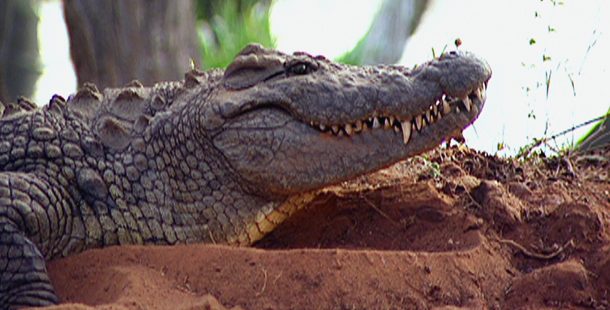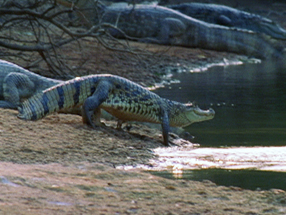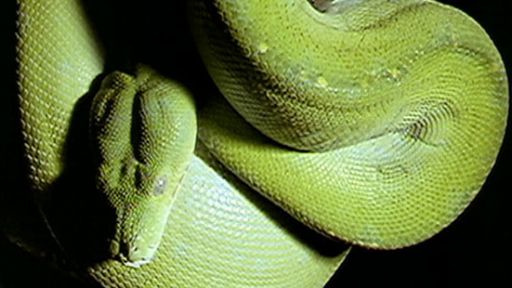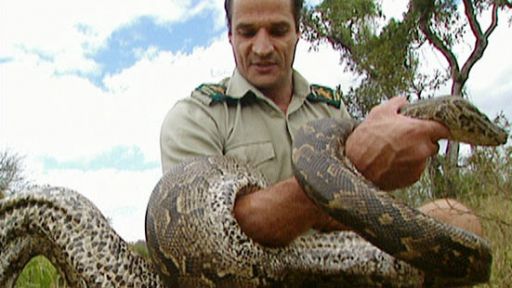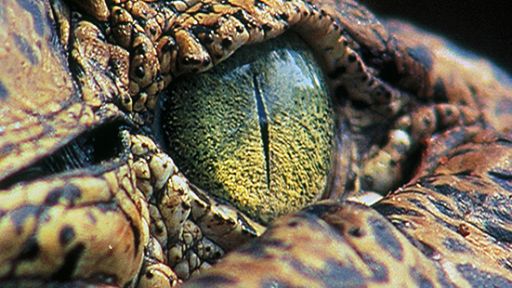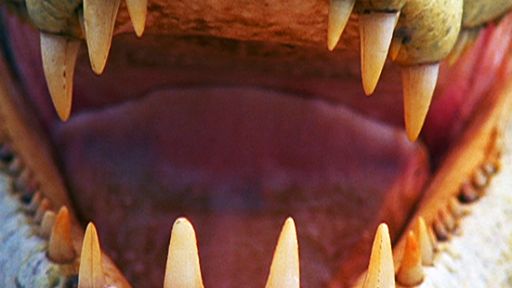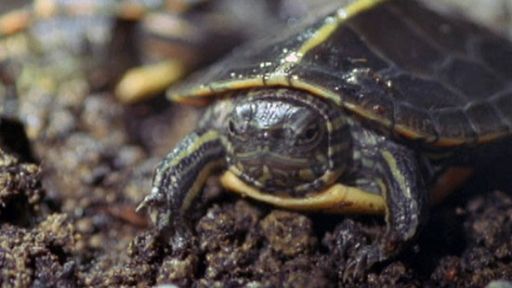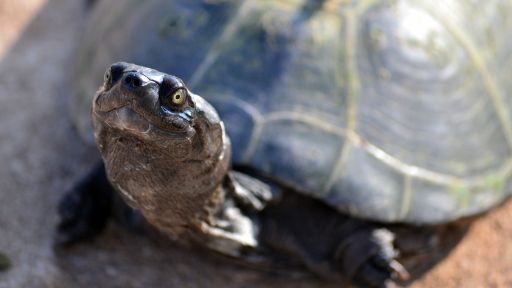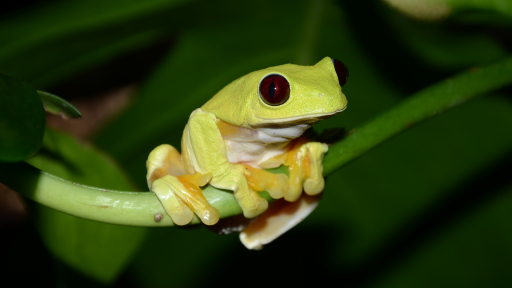It was an evening she’ll never forget. Tammy Woehle was jogging down a Florida freshwater beach with her dog when she suddenly found herself in the jaws of an alligator.
“It just happened so fast,” the 22-year-old later told reporters about the 2001 incident. “He was right next to me. I could see his belly and he looked big.”
Luckily, Woehle was able to run away from the 8- to 12-foot long gator, which had grabbed her leg and pulled her down. But not every alligator attack victim is so lucky. Since 1948, the large reptiles have killed about a dozen people in the Southeastern United States, with most of the fatalities occurring in Florida.
Experts, however, emphasize that alligator attacks are rare — and fatalities even rarer. Dogs are far more dangerous, for instance, not to mention cars. Still, run-ins with alligators are on the increase, as populations of the protected animals grow, and people build homes, offices, and parks near alligator habitat.
To keep safe, alligator specialists offer these tips:
- Never, ever feed an alligator. Most problem gators have been fed, which causes them to lose their fear of people. In Florida, feeding alligators is against state law — and is punishable by 60 days in jail and a $500 fine.
- When in alligator habitat, stay alert, particularly at key feeding times near dawn and dusk. Don’t swim or wade if possible. If you have to, be sure to scan the water carefully for lurking gators. They can look like logs floating just under the surface.
- Don’t clean fish or feed ducks in gator habitat. The free meals can attract alligators.
- Keep small children and dogs away from the water’s edge. Alligators eat small prey, and nearly half of all known human fatalities were children under the age of 12.
- When boating, don’t dangle arms or legs in the water.
- Stay at least 35 feet from an alligator on land. They can move quickly.
- Don’t disturb babies or nests, which look like big mounds. Mother alligators closely guard their nests.

